Introduction
The world of cannabis has seen tremendous growth and evolution over the years, with a newfound focus on the therapeutic potential of various compounds found within the plant. One such compound is THCA (tetrahydrocannabinolic acid), a precursor to THC that holds significant anti-inflammatory effects. This article delves into the realm of THCA-flower-anti-inflammatory-effects, exploring its definition, significance, and impact on the global stage.
Understanding thca-flower-anti-inflammatory-effects
THCA is a non-psychoactive compound found in the trichomes of cannabis flowers. When decarboxylated (heated), it converts to THC, the primary psychoactive compound responsible for the “high” associated with cannabis use. However, THCA itself has shown impressive anti-inflammatory properties, making it an attractive area of research and potential application.
Historically, THCA has been linked to reduced inflammation in animal studies, which paves the way for further exploration into its therapeutic potential. Its significance lies in the understanding that THCA may provide a safer, non-psychoactive alternative for treating inflammatory-related conditions.
Global Impact and Trends
THCA-flower-anti-inflammatory-effects have gained international recognition, with research and development efforts spanning across continents. Key trends shaping this trajectory include:
- Increased focus on cannabis-based treatments for chronic pain and inflammation
- Growing demand for novel therapeutics addressing unmet medical needs
- Regulatory frameworks adapting to accommodate cannabis-related products
Regional variations in the impact of THCA-flower-anti-inflammatory-effects are notable, with:
- North America leading the way in research and development
- Europe embracing cannabis-based treatments for various conditions
- Asia-Pacific regions witnessing significant growth in cannabis cultivation and processing
Economic Considerations
Market dynamics surrounding THCA-flower-anti-inflammatory-effects involve:
- Growing demand for cannabis-based products
- Increased investment in R&D and commercialization
- Regulatory frameworks influencing market size and potential
Economic systems are affected by the emergence of THCA-flower-anti-inflammatory-effects, with:
- New opportunities arising for entrepreneurs and businesses
- Potential job creation in industries related to cannabis production and processing
- Shifts in consumer spending habits as demand for cannabis-based products grows
Technological Advancements
Significant technological advancements include:
- Improved cultivation methods for higher-yielding, THCA-rich strains
- Development of novel extraction techniques for efficient THCA isolation
- Advancements in analytical instrumentation for accurate THCA analysis
These advancements have a direct impact on the efficiency and scalability of THCA production, paving the way for increased accessibility and therapeutic applications.
Policy and Regulation
Key policies and regulations governing THCA-flower-anti-inflammatory-effects include:
- Legal frameworks regulating cannabis cultivation, processing, and distribution
- Standards for quality control and product labeling
- Research guidelines and funding allocation
Policymakers must balance the need to regulate THCA-flower-anti-inflammatory-effects with the imperative to encourage innovation and investment.
Challenges and Criticisms
Main challenges and criticisms faced by THCA-flower-anti-inflammatory-effects include:
- Limited understanding of its precise mechanisms and optimal dosing
- Concerns about THC contamination during decarboxylation processes
- Regulatory hurdles and lack of standardization in testing methods
To overcome these issues, actionable solutions or strategies involve:
- Continued research into THCA’s anti-inflammatory effects and optimal administration routes
- Development of standardized testing protocols for THCA products
- Collaboration between industry stakeholders to drive regulatory harmonization
Case Studies
In-depth case studies illustrate successful applications of THCA-flower-anti-inflammatory-effects:
- A study on chronic pain management in patients using THCA-based topical creams reported significant reductions in symptoms.
- Research on THCA-enriched cannabis extracts showed promise in treating inflammatory bowel disease.
Lessons learned from these case studies highlight the potential therapeutic benefits of THCA and the importance of continued research and development.
Future Prospects
Insights into the future outlook for THCA-flower-anti-inflammatory-effects include:
- Potential growth areas: expansion into new markets, increased R&D investment
- Emerging trends: advancements in extraction techniques, development of novel products
- Strategic considerations: regulatory harmonization, industry consolidation
As the cannabis landscape continues to evolve, THCA-flower-anti-inflammatory-effects will likely play a crucial role in shaping the future of this industry.
Conclusion
In conclusion, THCA-flower-anti-inflammatory-effects hold significant promise for treating various inflammatory-related conditions. Understanding its mechanisms, addressing challenges and criticisms, and fostering continued research and development are essential steps towards unlocking its full potential. As the cannabis industry continues to grow and evolve, THCA will likely remain a key player in shaping its future.
FAQ Section
Q: What is THCA?
A: THCA (tetrahydrocannabinolic acid) is a non-psychoactive compound found in cannabis flowers.
Q: How does THCA work?
A: THCA has been shown to exhibit anti-inflammatory effects by reducing inflammation and promoting healing.
Q: Is THCA psychoactive?
A: No, THCA is not psychoactive. It only converts to THC when decarboxylated (heated).
Q: What are the potential therapeutic applications of THCA?
A: Research suggests that THCA may be effective in treating chronic pain, inflammatory bowel disease, and other conditions.
By addressing these FAQs, we aim to provide clarity and enhance reader engagement on this topic.

Exploring THCA Flower’s Anti-Inflammatory Effects and Safety Profile
The THCA flower, a non-psychoactive cannabinoid from hemp, is under scientific scrutiny for its pro…….
Read More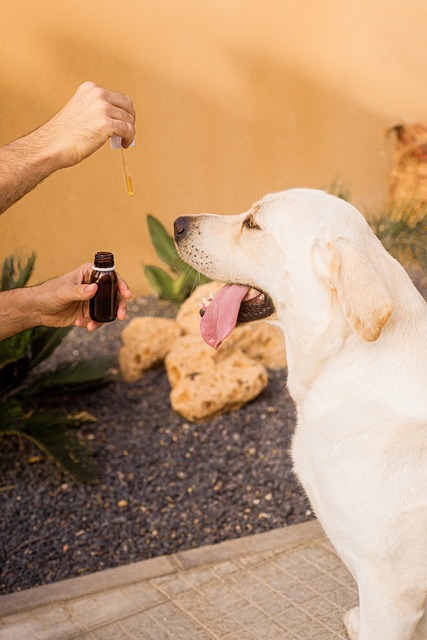
Maximizing Anti-Inflammatory Benefits with THCA Flower Cultivation and Use
The THCA flower, a form of raw cannabis high in THCa, has been studied for its notable anti-inflamm…….
Read More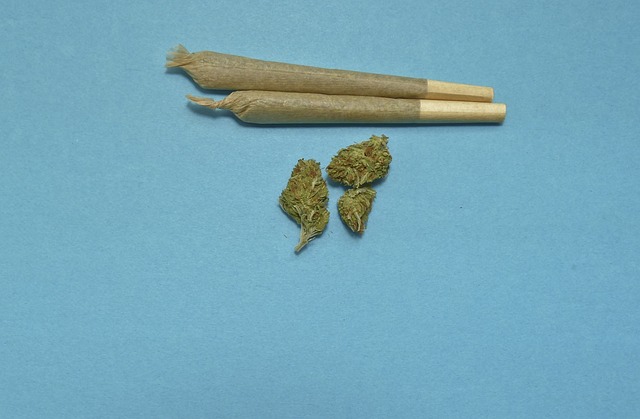
Harnessing THCA Flower’s Anti-Inflammatory Potential: A Comprehensive Guide
Δ9-tetrahydrocannabinolic acid (THCA), a non-psychoactive cannabinoid found abundantly in raw …….
Read More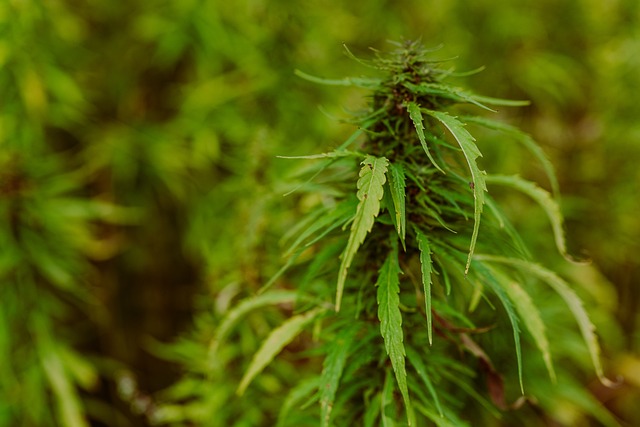
Exploring THCA Flower’s Anti-Inflammatory Effects and Composition
The THCA flower, a non-psychoactive compound derived from the Cannabis sativa plant, has emerged as…….
Read More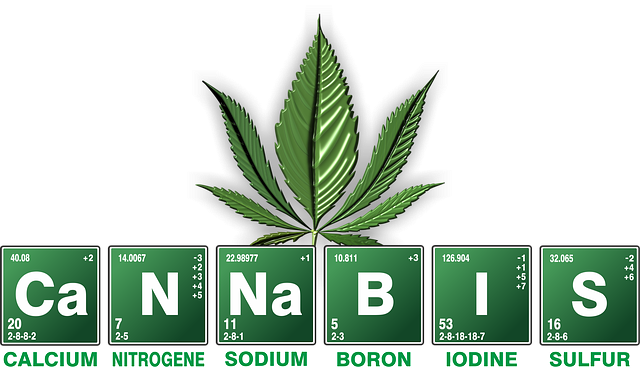
Exploring THCA Flower’s Anti-Inflammatory Potential and Scientific Basis
The THCA flower, a non-psychoactive component of cannabis, has been recognized for its significant …….
Read More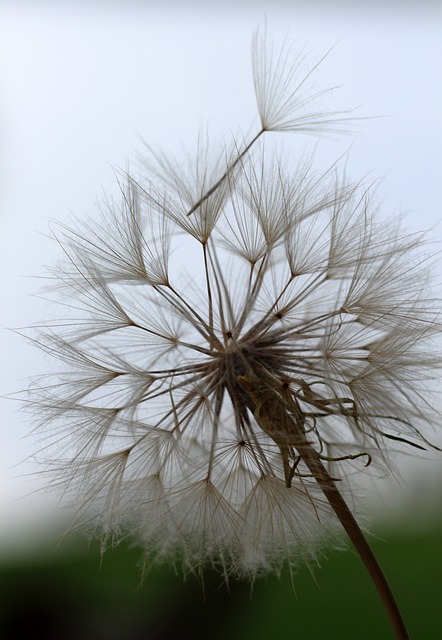
Exploring THCA Flower: Natural Anti-Inflammatory Benefits and Sourcing Strategies
The THCA flower, a non-psychoactive compound found in raw cannabis plants, is gaining attention for…….
Read More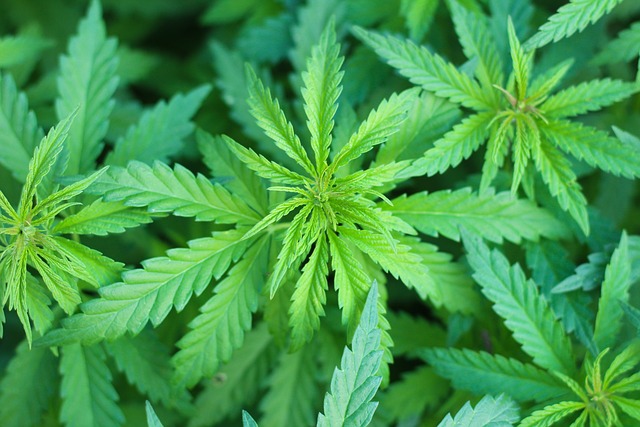
Exploring THCA Flower’s Anti-Inflammatory Benefits
The THCA flower, a non-psychoactive component of cannabis, has been found to possess strong anti-in…….
Read More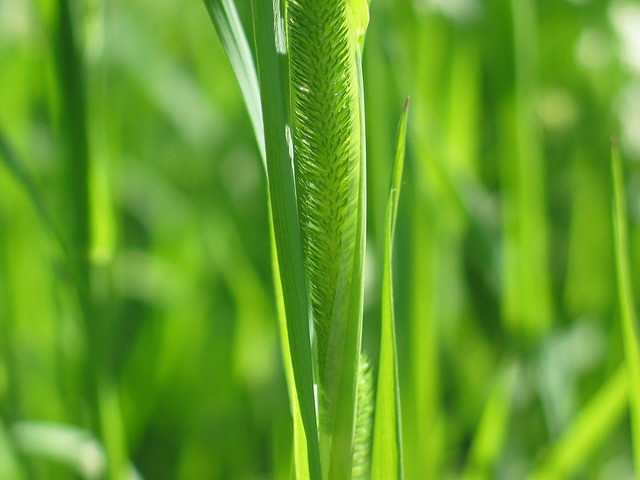
Exploring THCA Flower’s Anti-Inflammatory Effects and Health Benefits
The THCA flower, a non-psychoactive compound from cannabis, has garnered scientific interest for it…….
Read More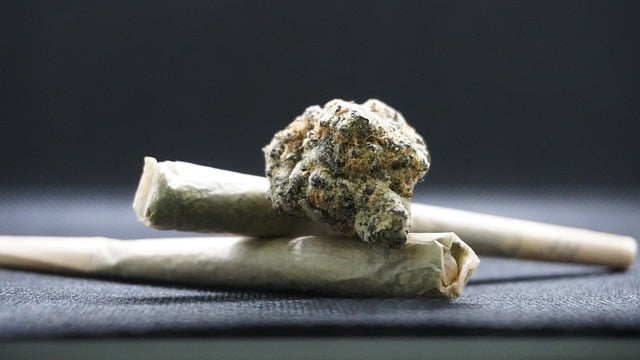
Exploring THCA Flower’s Anti-Inflammatory Effects and Health Benefits
THCA Flower, abundant in the non-psychoactive cannabinoid THCA, is being studied for its significan…….
Read More
Harnessing THCA Flower’s Anti-Inflammatory Power: Cultivation and Usage Insights
The THCA flower, a non-psychoactive compound in cannabis, has been recognized for its potent anti-i…….
Read More